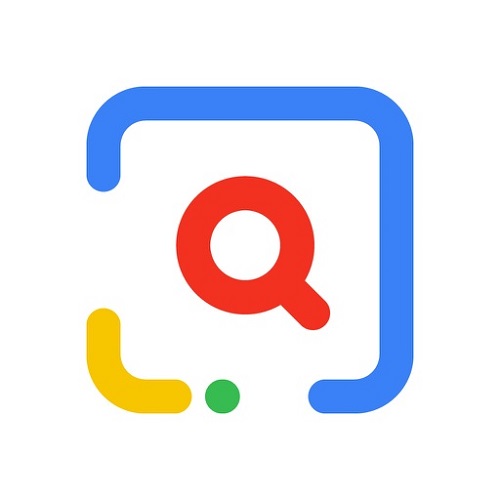Have you ever tried to search for similar images on google? You can try entering the filename, photo description, or even the same keywords you used to find the original image in the first place, but your results will most likely be limited.
This is a problem for a wide variety of people who work with images. From advertisers who need to find out how many times their logos or flyers have been used, to designers and artists who want to make sure their designs haven’t been used without their permission, searching for similar images on conventional search engines can be very frustrating.
Even for journalists and copywriters, every time they find the perfect photo to include in their articles, they have to go to the trouble of editing them, resizing or extending them when they realize they don’t meet the requirements to be uploaded to their wordpress template. All because they can’t find similar images.

The problem, of course, is that trying to find similar images with a keyword search engine is like trying to loosen a screw with a hammer. For these cases, it is necessary to have a tool that uses the characteristics of a photo to search through the web for all those images that resemble it.
One of these tools is the Reverse Image Search API, which performs the process of finding images using a reference image instead of keywords. In other words, by recognizing the main characteristics of the image, this API will be able to search through different search engines to return the images that most resemble the reference image.
Reverse Image Search API, simply uploading the image you want to use as a reference or just copying its URL in the search engine, the first search can be carried out. In addition, different filter options can also be used if, for example, the same image needs to be found, but in different sizes or extensions.
This API is being used more and more by designers and community managers who need to find the first source of an image for authors to know if it can be shared or is protected by copyright. Carrying out a reverse search of the image, they can review the different sites where it is uploaded until they find the first source of it.

The tool is also being widely used by journalists to find out if a viral photo really belongs to the fact for which it is shared. In this way they avoid falling into fake-news when sharing the news in the media.
Using a reference image, Reverse Image Search API can not only return the first time it was uploaded, but every time it was shared. This is perfect for advertisers to assess the success of their marketing campaigns.
And the uses of this tool are not over yet. Performing a reverse search of a profile image can verify that it truly belongs to the user who uses it. This is very useful considering that more and more scammers are using fake images or generic profiles to impersonate someone else.
The API has different plans depending on the number of searches or responses that are intended to be obtained. The most basic plans are designed for users who are just getting to know the benefits of this process, and when they see the benefit it can bring to their projects, they can start acquiring more services and features.


